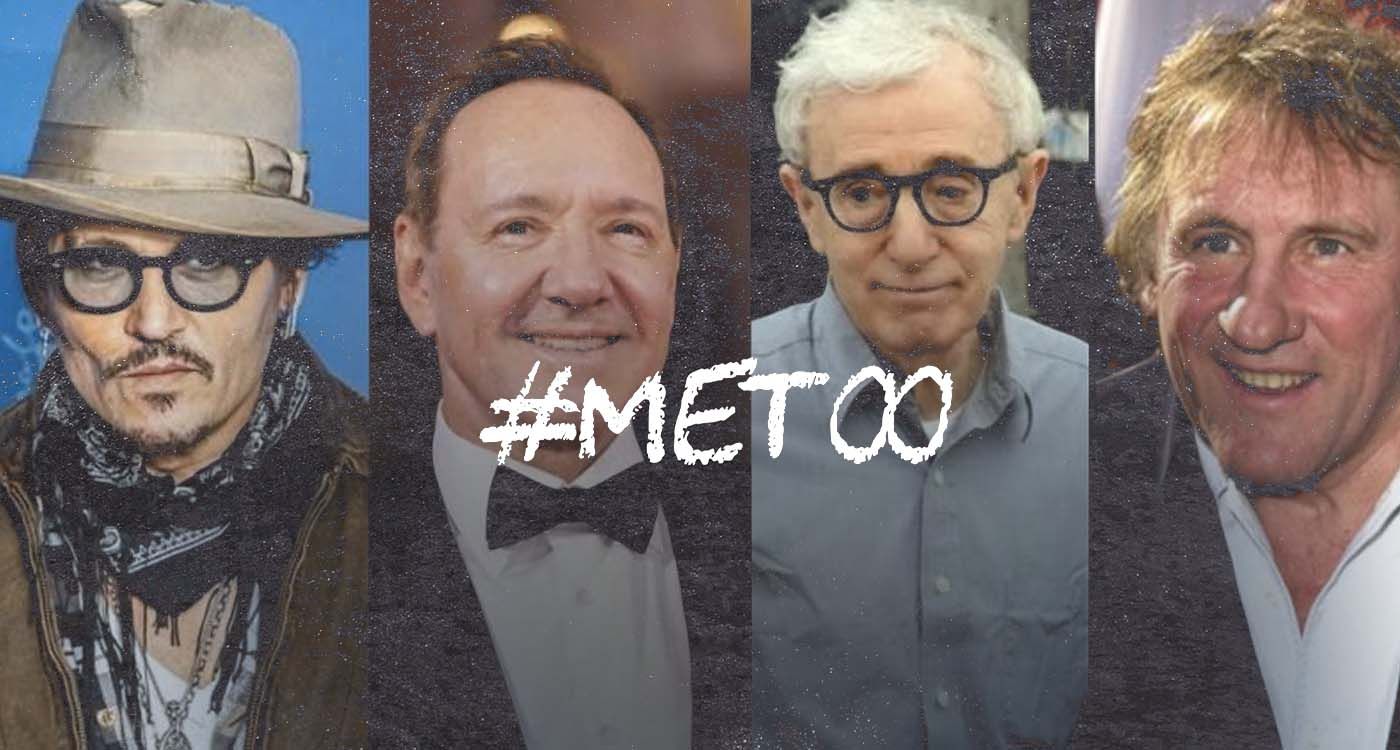
Since #MeToo, the entertainment world has been transformed. Allegations now shake the backstage, derail careers and topple figures once considered untouchable. Can anyone truly reclaim the spotlight after everything has collapsed? This question lies at the heart of a four-part analysis – and concerns us all.
Autumn 2017 marked an unexpected turning point. The hashtag #MeToo exploded, amassing over a million posts in just days. Social media became a platform where voices long silenced could finally speak. In film, television and music, old wounds resurfaced, forcing many to confront the painful normalcy of abuse and silence. At the time, Rose McGowan, one of the first actresses to accuse Harvey Weinstein, declared, “I have a visceral need to see him handcuffed.” Her words resonated with thousands.
The fall of Harvey Weinstein shook the entertainment industry. The former producer, once considered Hollywood royalty, was sentenced to a long prison term for rape and sexual assault. At his trial, one victim testified that her life would never be the same. In the aftermath, numerous high-profile figures faced scrutiny. Gérard Depardieu was accused in France. Kevin Spacey lost his leading role, was removed from House of Cards, and never regained his former status – even after being acquitted by the British courts in 2023. Louis C.K., a celebrated comedian, publicly apologized and admitted his misconduct, only to return to performing in small venues. R. Kelly, once a music superstar, ended up in prison after multiple trials and convictions. The consequences were swift: contracts were canceled, films removed from catalogs, awards returned or revoked, and collaborators and distributors distanced themselves.
Yet not all cases followed a straightforward path. Even after his acquittal, Kevin Spacey remains persona non grata in Hollywood. Major platforms and studios refuse to reinstate him. He has lost both his roles and the public’s trust. Louis C.K., after acknowledging his wrongdoing, started over by streaming his shows online. He regained a loyal audience but never recaptured the universal acclaim he once enjoyed.
Johnny Depp, Woody Allen and Depardieu
Johnny Depp’s case demonstrates how a return to the spotlight can quickly become a public spectacle. Following his globally watched trial against Amber Heard, he opened the Cannes Film Festival with Jeanne du Barry. Speaking to the press, he insisted that he had not actively sought a comeback, saying, “I don’t feel boycotted by Hollywood, because I don’t think about Hollywood.” While the audience welcomed him warmly, social media erupted in debate. Some celebrated his return, while others criticized what they saw as a rehabilitation happening too quickly.
Meanwhile, Woody Allen continues to make films selected for major festivals, although several of his works remain unavailable in certain countries or on specific platforms. When asked about this, he explains that he makes films for those who want to see them, leaving the broader controversy to unfold without his involvement.
The case of Gérard Depardieu illustrates the difficulty of drawing a clear line between presumption of innocence and accountability. For some, doubt should always benefit the accused; for others, fame should never provide protection. A parliamentary report has called for stronger preventive and reporting measures within artistic circles, yet in practice, each case reignites public debate.
Institutions vs Public Opinion
Today, no institution can ignore public pressure. Studios, streaming platforms and festivals carefully weigh every decision against the risk of media backlash, scandal or boycotts. Major networks sometimes cancel broadcasts after allegations emerge against organizers, while streaming services may remove titles or reinstate them with prominent content warnings. Every editorial choice has become a public test. On social media even minor announcements can trigger waves of reactions, debates and at times harassment.
A celebrity’s return is no longer simply a matter of time or apologies. Audiences now demand tangible proof: prevention policies on sets, the appointment of intimacy coordinators and accessible reporting procedures. Trust slowly returns – and rarely fully. Artists attempting a comeback often cautiously proceed, testing reception in smaller roles or modest productions, while the media scrutinizes every misstep.
Some comebacks succeed, but none erase the stain of scandal. As one sociologist observes, “Fame can no longer serve as a passport to impunity.” Can anyone truly return after #MeToo? While examples exist, a full and guaranteed comeback is rare. Certain doors remain closed, others open only slightly, always under the watchful eye of the public and never without conditions.
To Be Continued
This article is the first installment in a series examining the consequences of #MeToo in the entertainment world. Upcoming pieces will explore justice, the influence of social media, and how audiences relate to works and the artists involved.

Comments